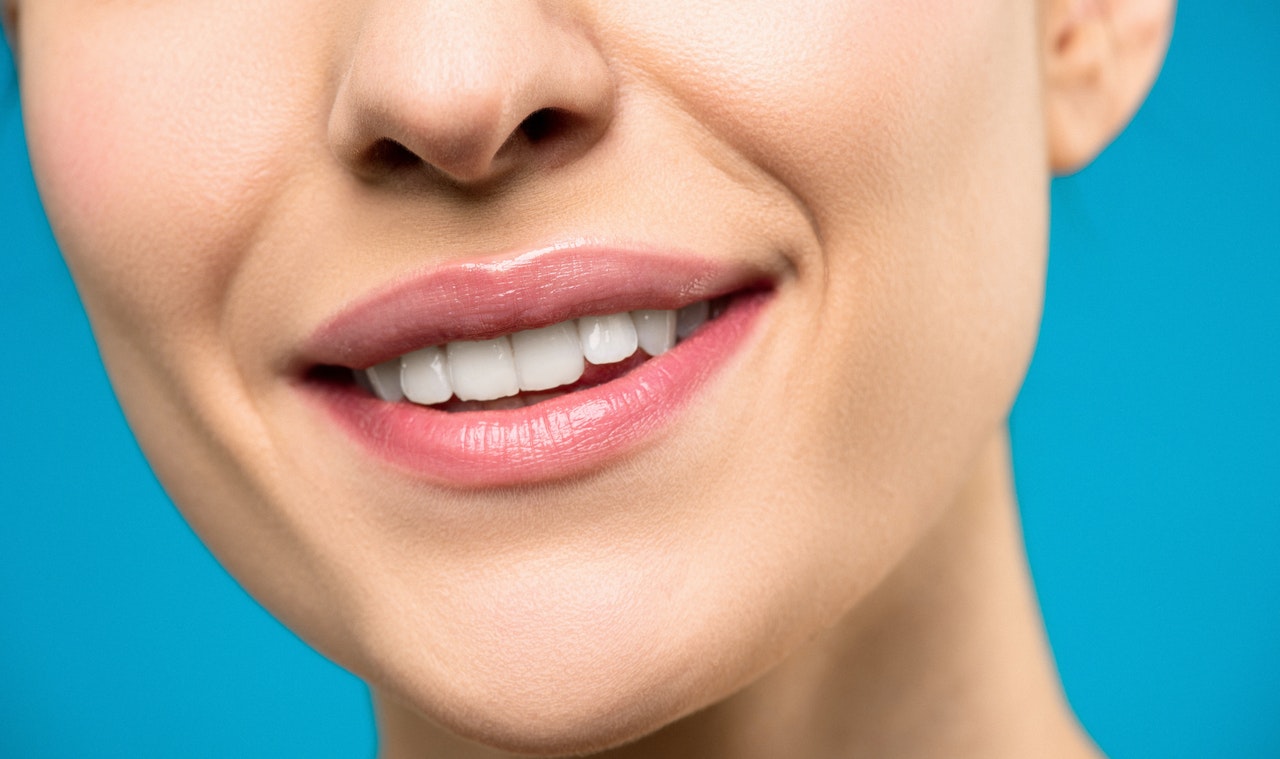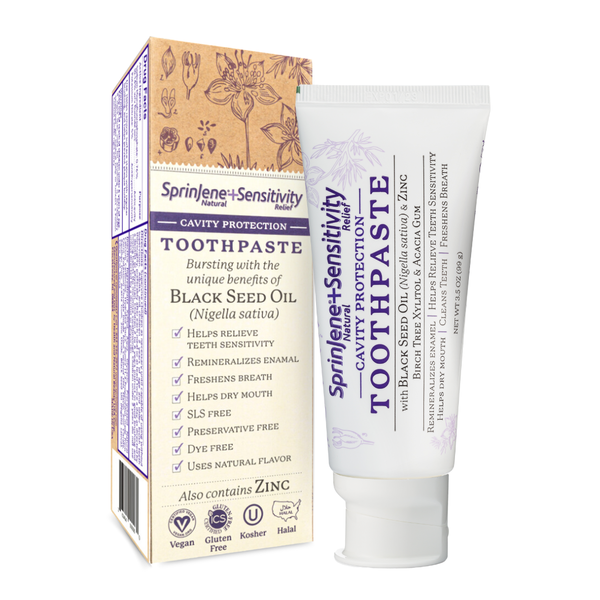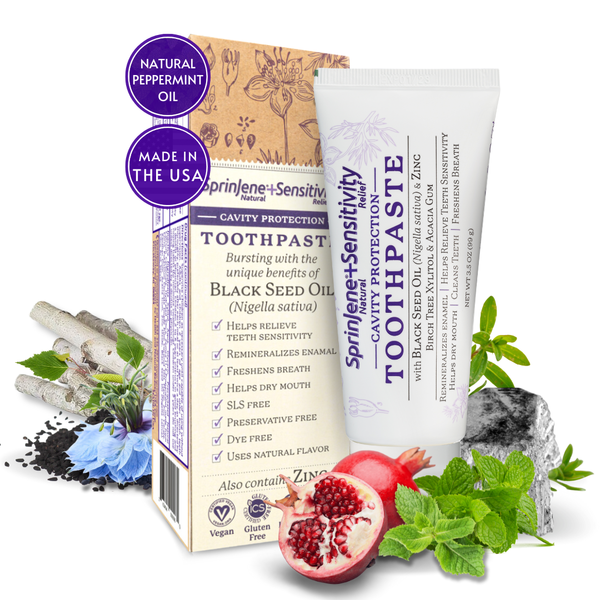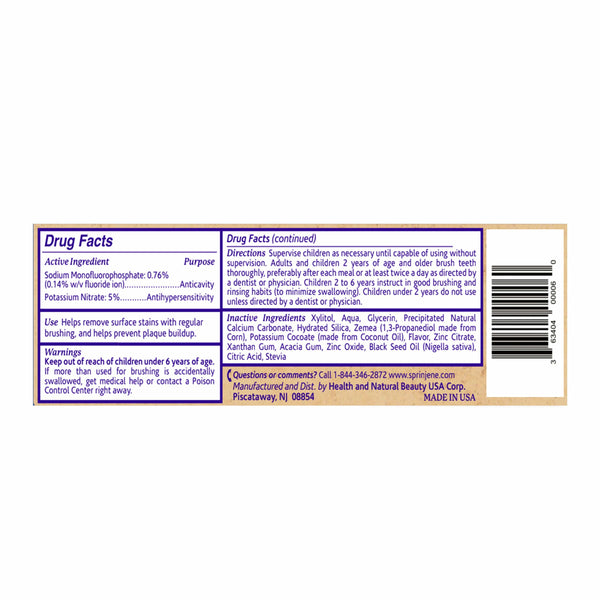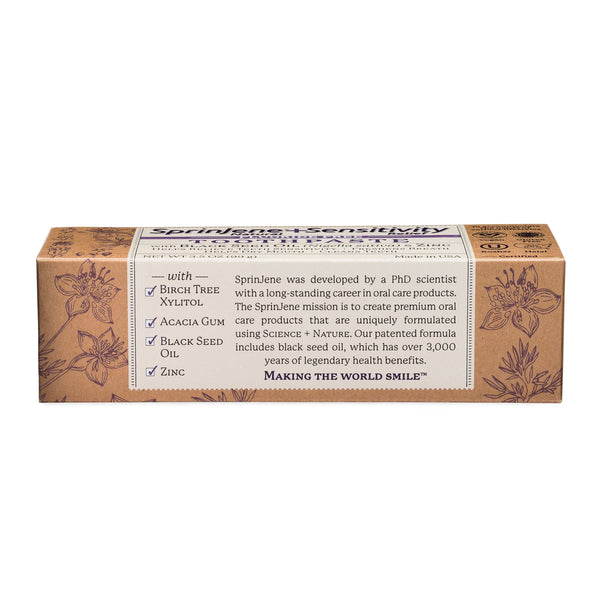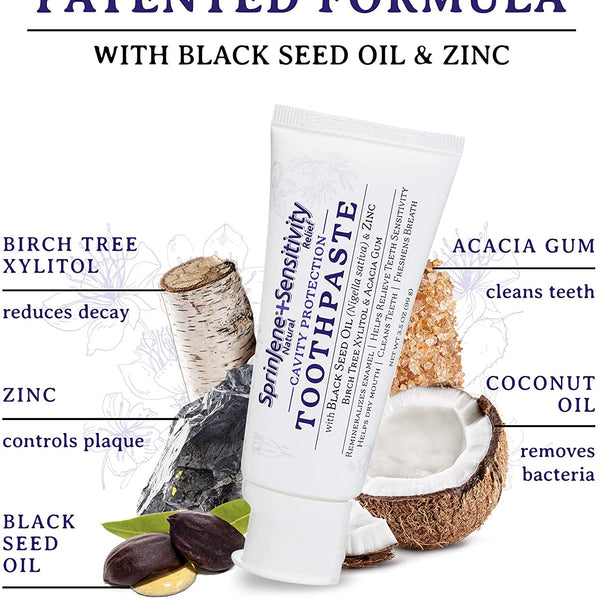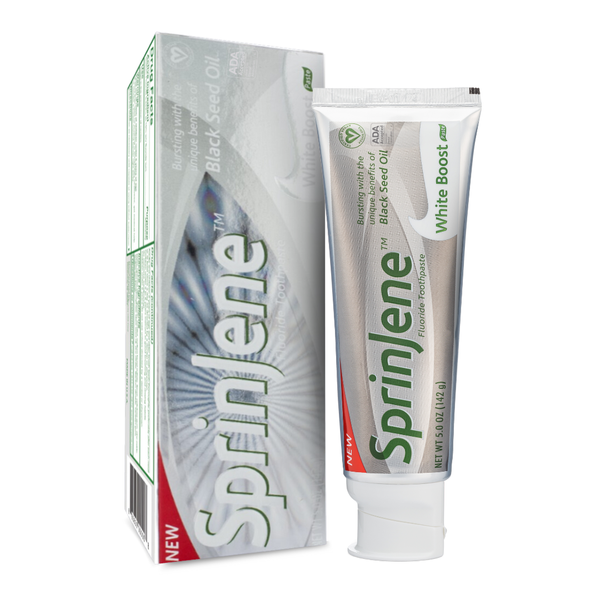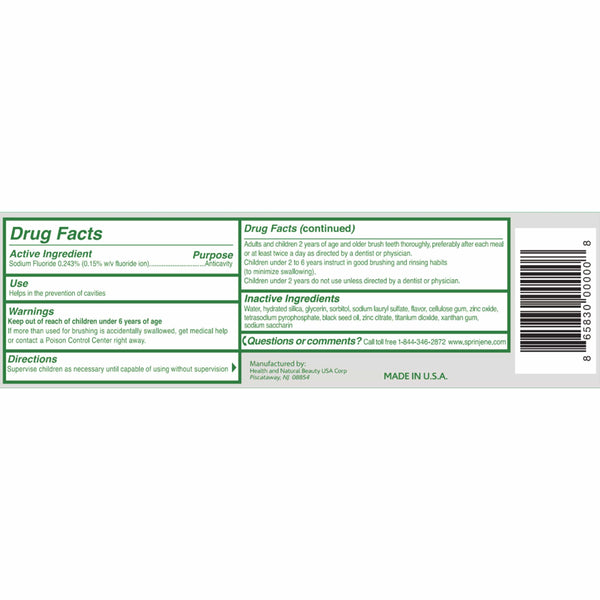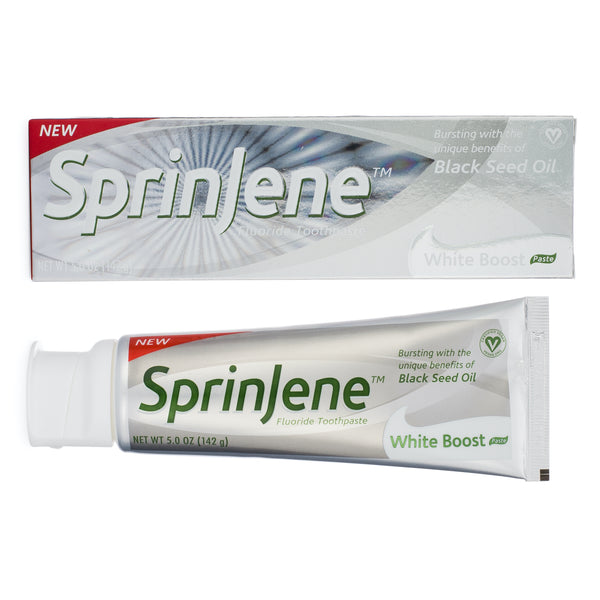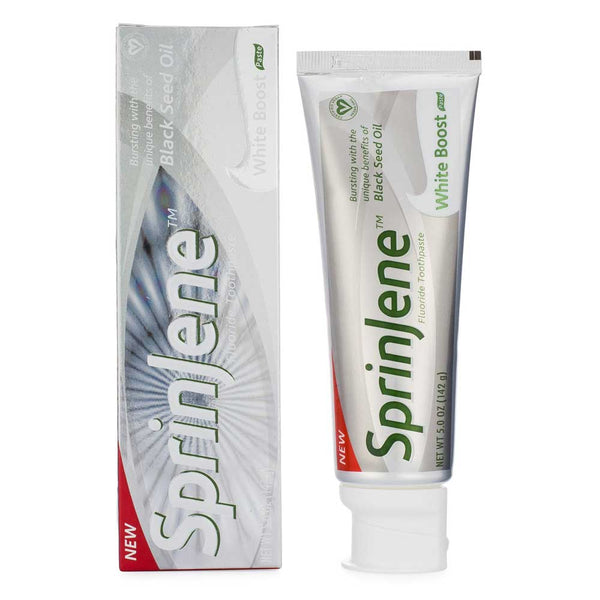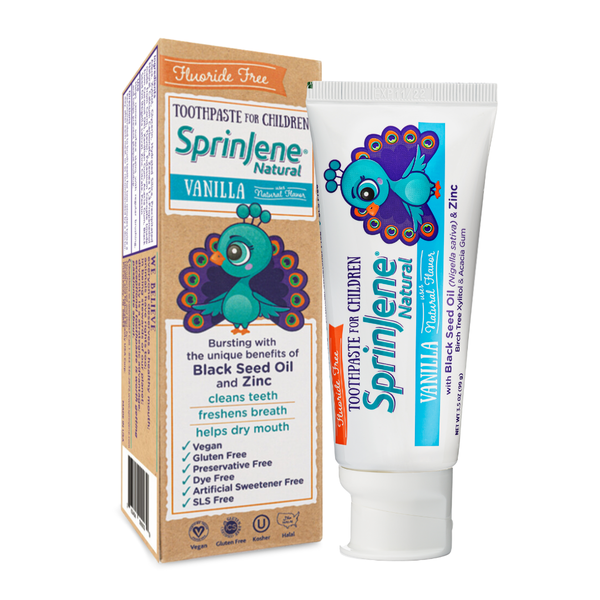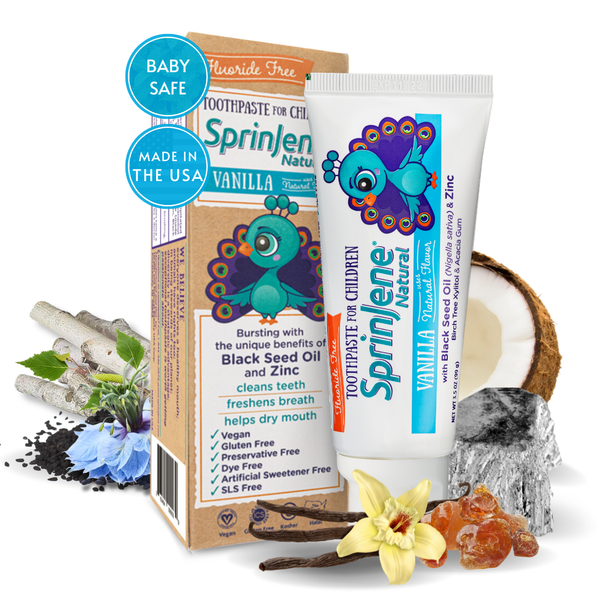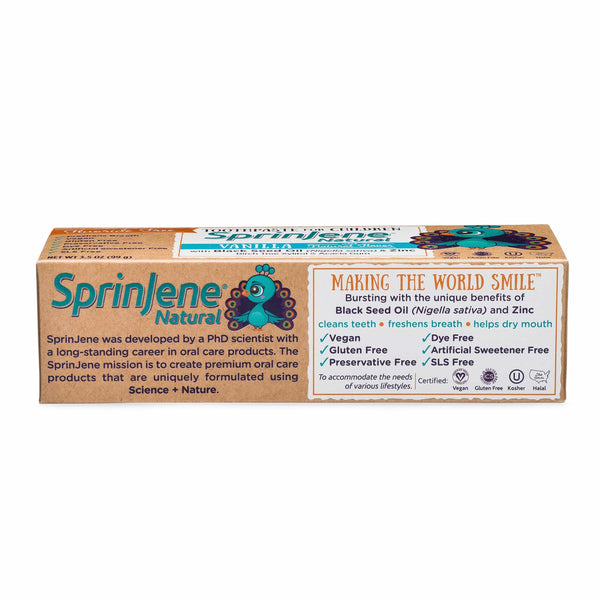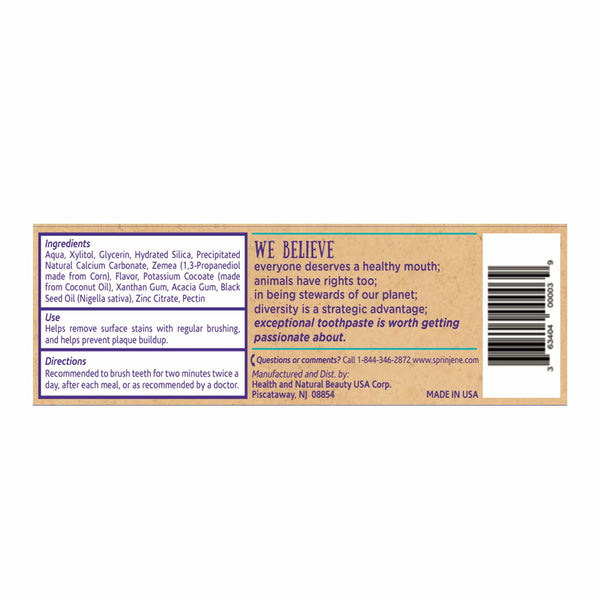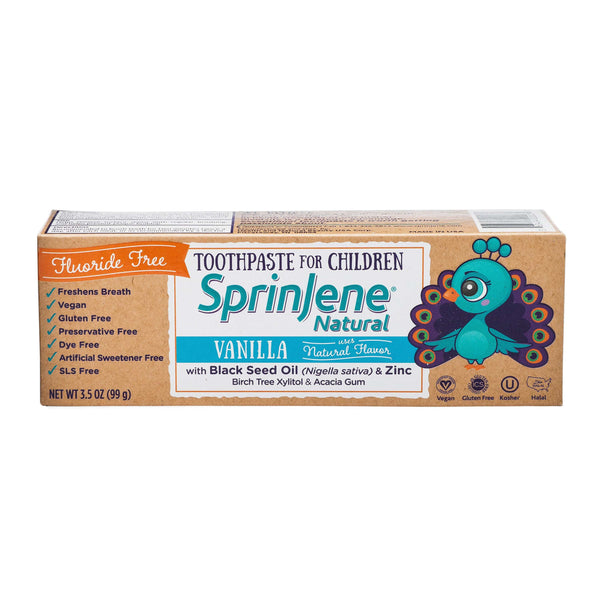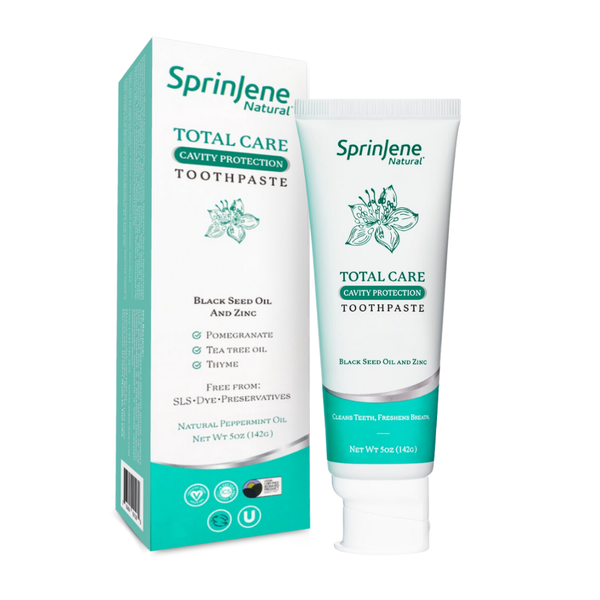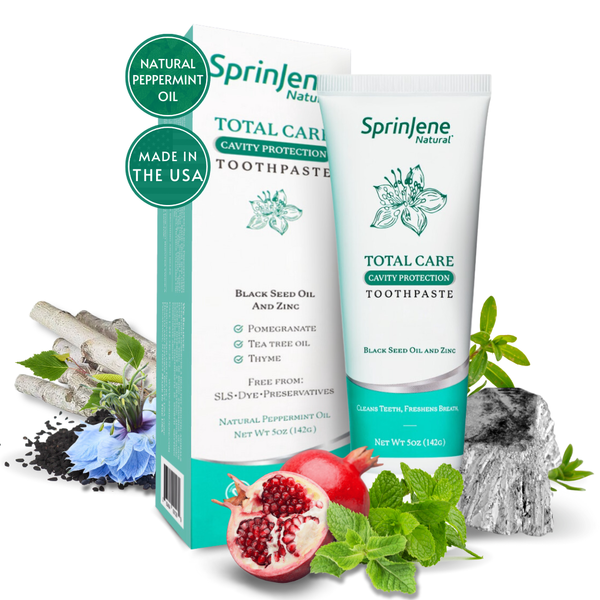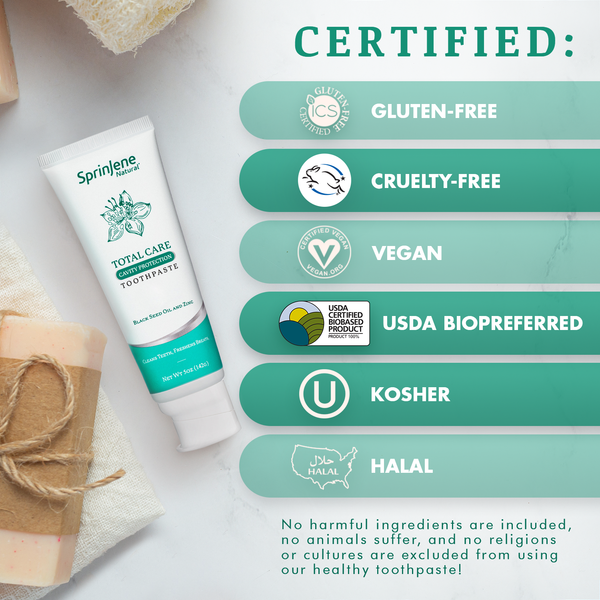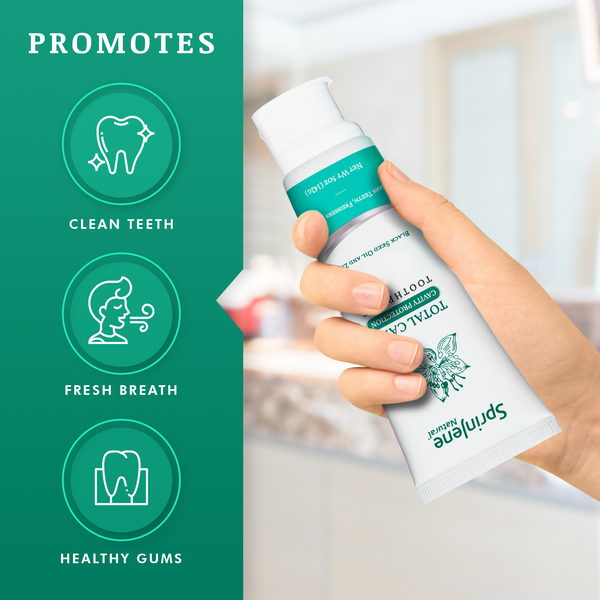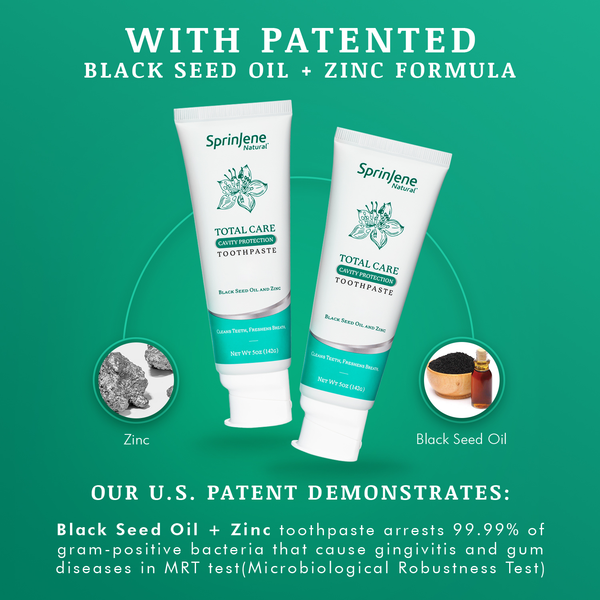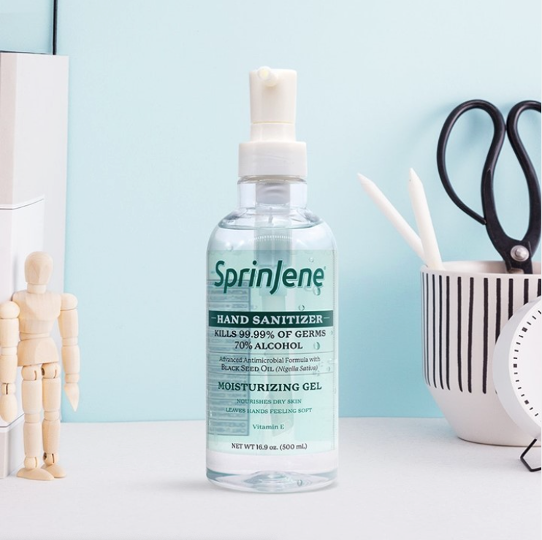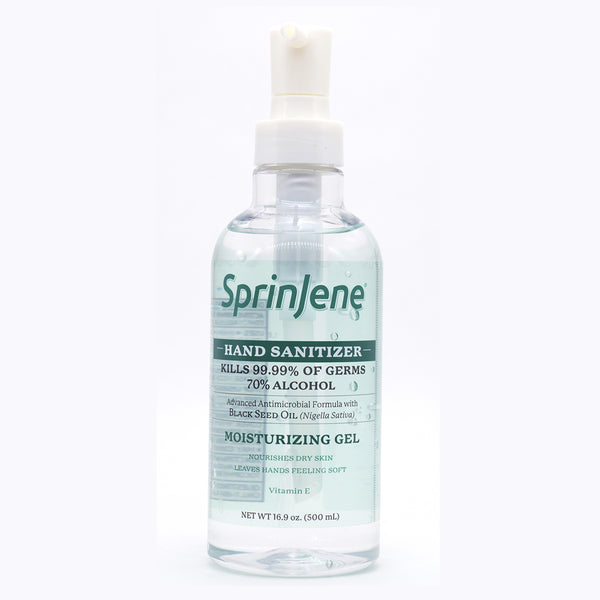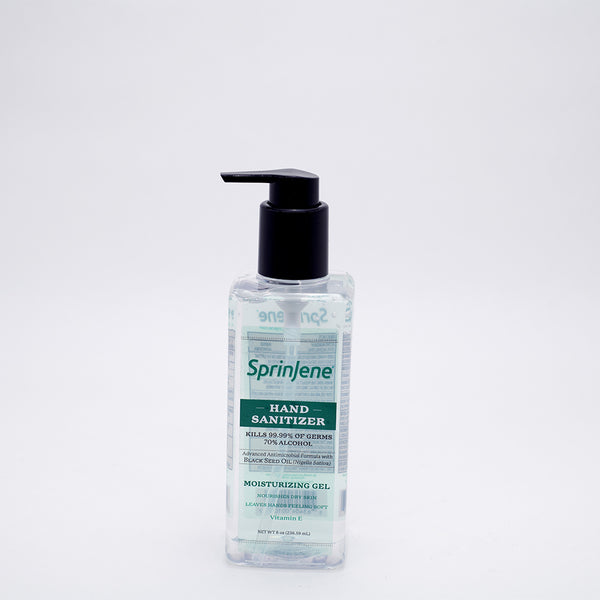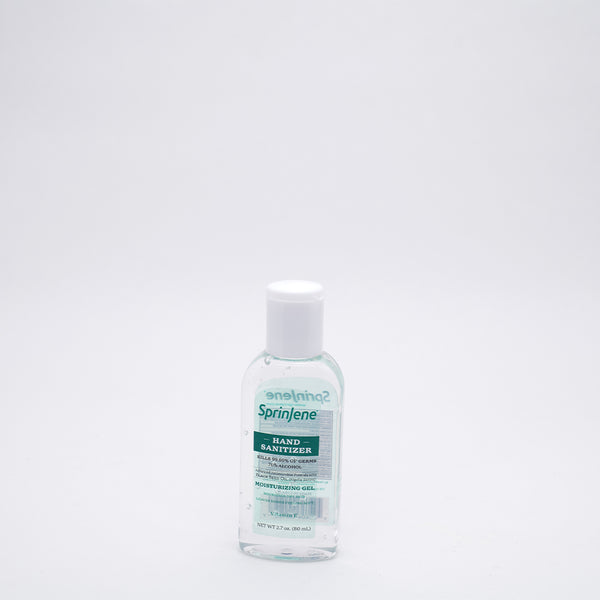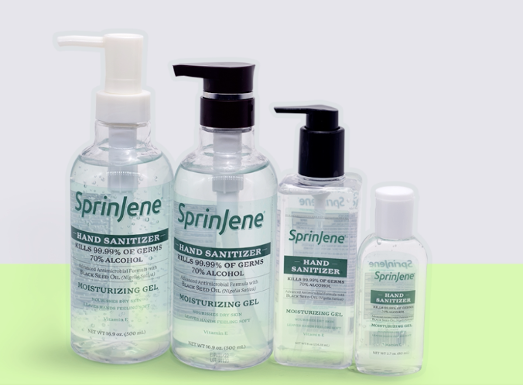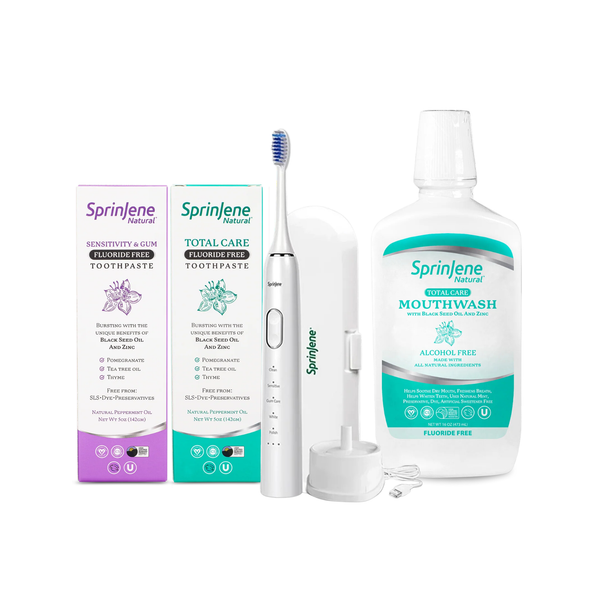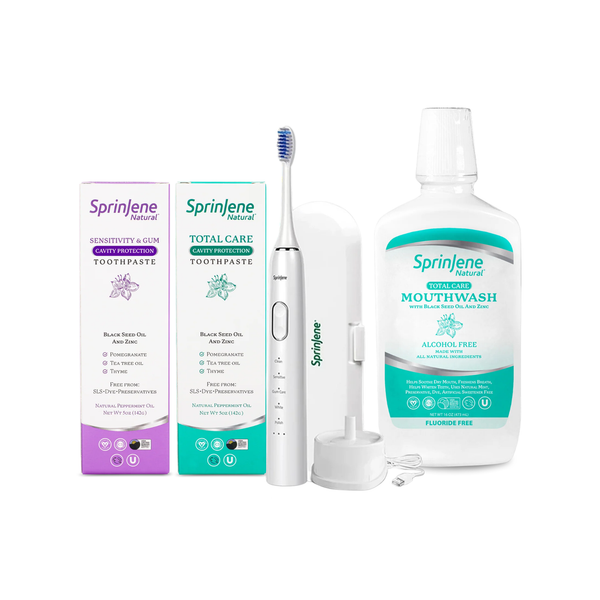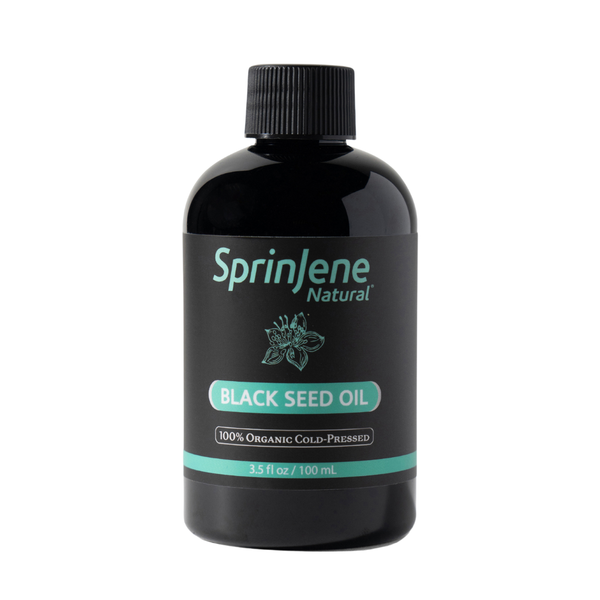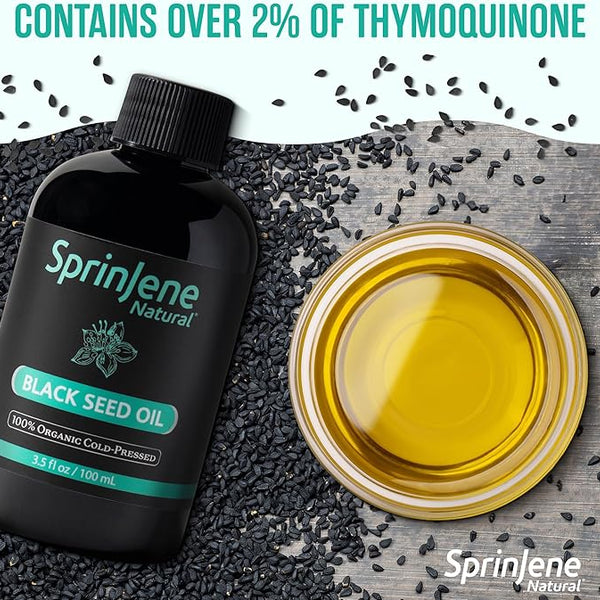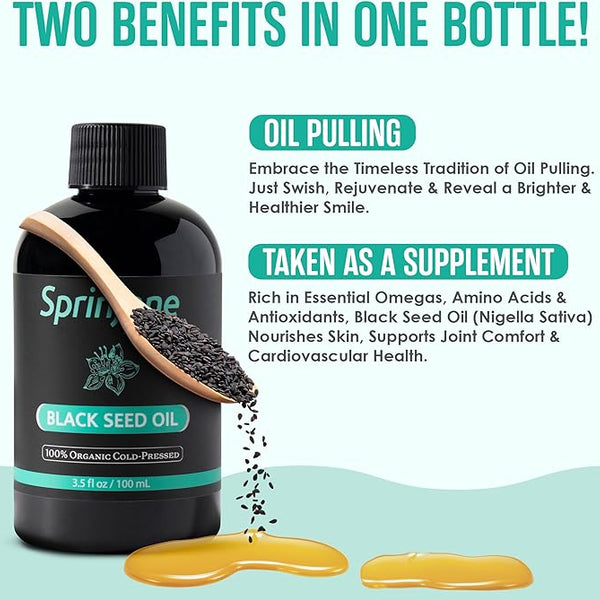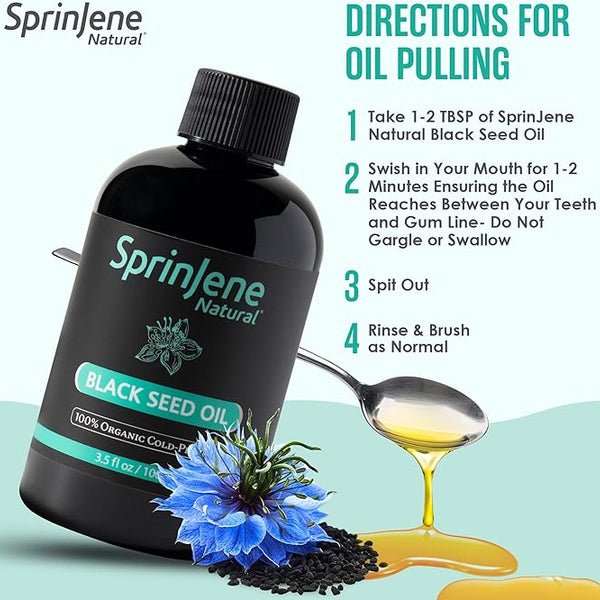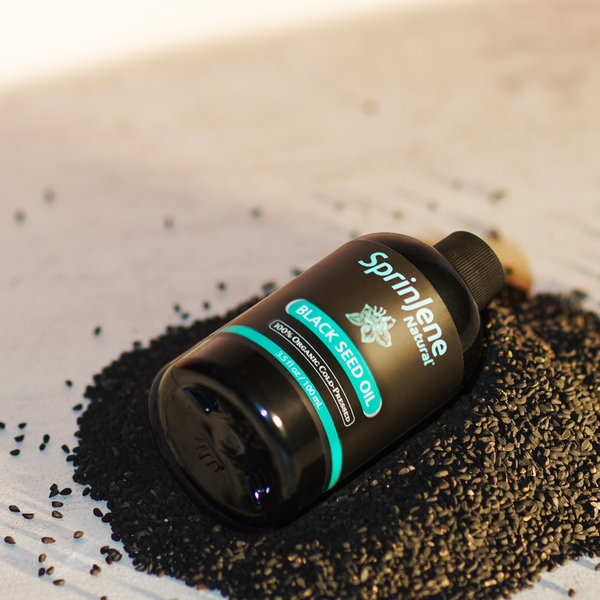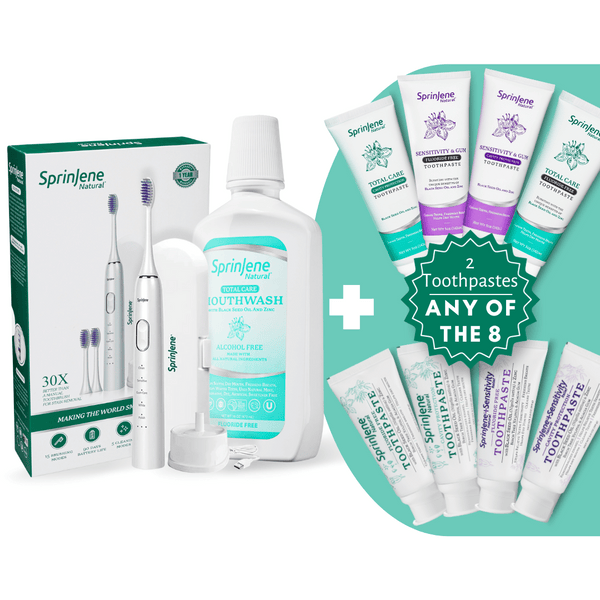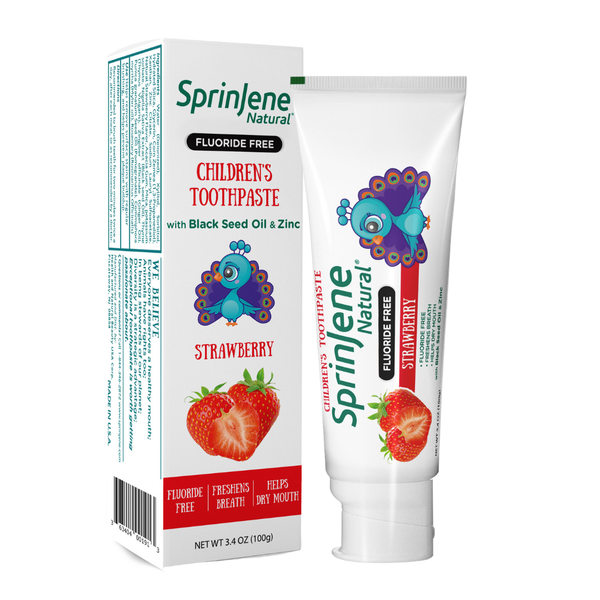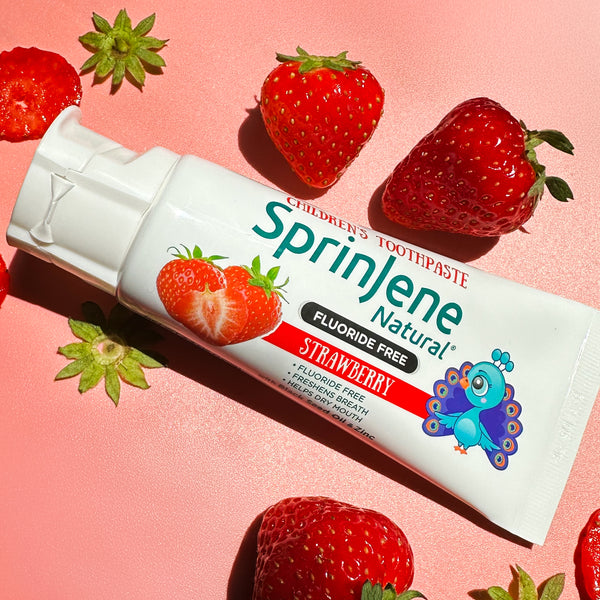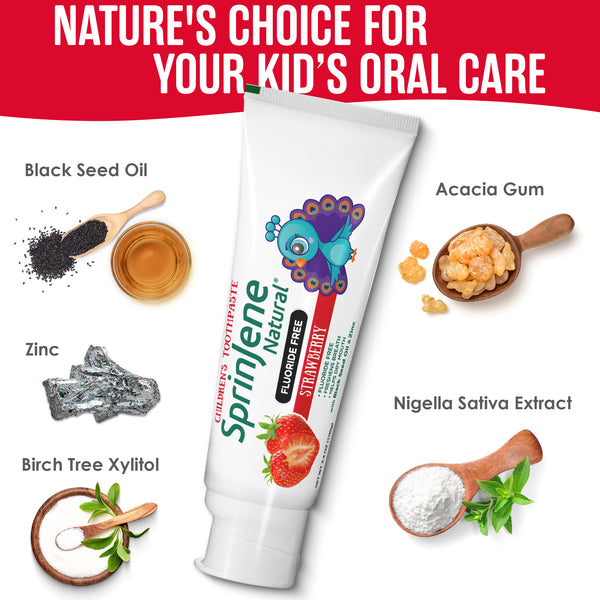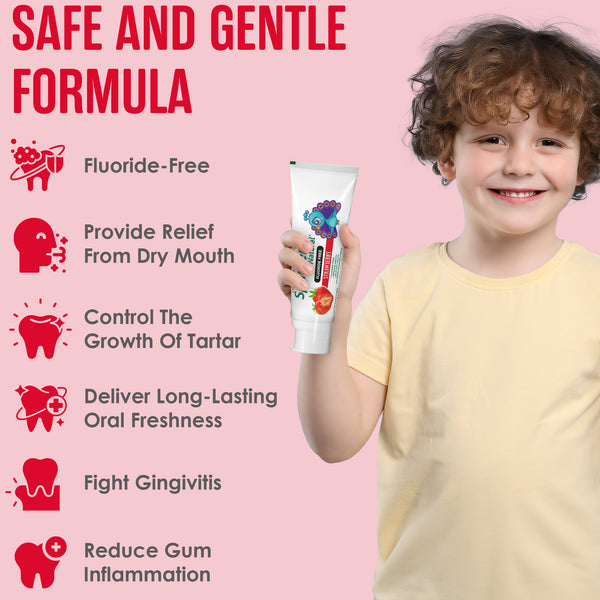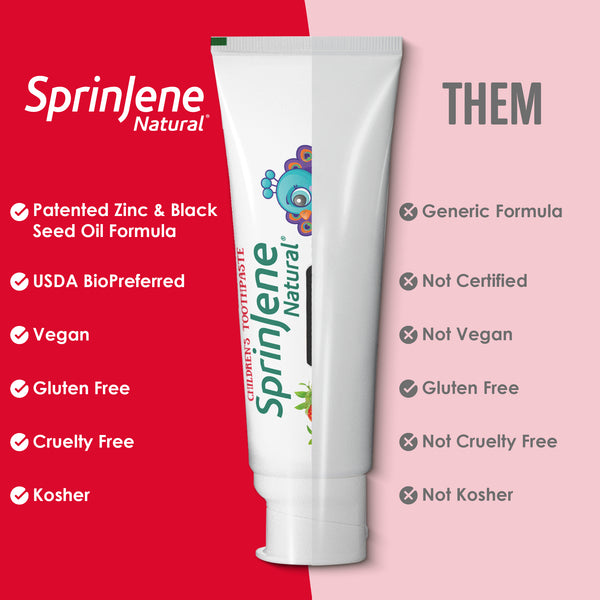
Dry Mouth in Cancer Patients
Dry mouth or xerostomia is a condition of the mouth in which the salivary glands don’t produce enough saliva to maintain a constant ‘wet’ environment in the mouth. Dry mouth is often caused due to the side effect of certain medications or aging issues or as a result of radiation therapy for cancer. This on its own is not a disease but a symptom of an underlying disease. There can be other possible causes of dry mouth as well such as:
- Medications - Many medications including certain over-the-counter drugs, produce dry mouth as a side effect. Among the more common ones are those that are used to treat depression, high blood pressure and anxiety, as well as some Over-the-counter antihistamines, decongestants, muscle relaxants and pain medications. These can worsen your dry mouth. In this situation you can talk to your doctor, who may change your medications or adjust the doses. Talk to your dentist and provide a list of the medicines you take.
- Aging - People tend to complain of dry mouth as they age. This could be caused by an increase in use of certain medications, changes in the body's ability to process medication, inadequate nutrition, and having long-term health problems.
- Cancer therapy – Patients undergoing chemotherapy are shown to have a decreased quantity as well as an altered nature of saliva.
- Nerve damage – Dry mouth can be caused by an injury or surgery that causes nerve damage to the head and neck area. Dry mouth caused by damage to the salivary gland may be a lifelong problem
- Other health conditions -Patients suffering from diseases or health conditions such as Diabetes, stroke, yeast infection (thrush) of the mouth, Alzheimer’s or HIV/AIDS can cause dry mouth symptoms too along with stress, anxiety, smoking, tobacco, using marijuana and taking tranquilizers.
- Sjogren’s Syndrome: Sjogren's Syndrome is a major cause of dry mouth. It is an autoimmune disorder in which the glands in the mouth that make saliva are not working properly. Because of this, there might not be enough saliva to keep the mouth wet.
- Tobacco and alcohol use -Excessive alcohol consumptions and smoking or chewing tobacco can increase dry mouth symptoms. Consuming alcohol can worsen dry mouth symptoms.
- Recreational drug use – use of Methamphetamine can cause severe dry mouth and damage to teeth, a condition also known as "meth mouth." Marijuana can also cause dry mouth.
- Dehydration. Conditions that cause dehydration, like fever, excessive sweating, vomiting, diarrhea, blood loss, and burns can cause xerostomia. Dehydration is described as tiredness, thirst, dry mouth, dark and decrease amount of urine, or dizziness. There may also be pain or any signs of infection.
Symptoms of Dry Mouth
- A sticky, dry feeling in the mouth
- Bad breath or Halitosis
- Frequent thirst or parched mouth
- Sores in the mouth; cracks in the lips or in the corners of the mouth
- A dry feeling in the throat
- A burning or tingling sensation in the mouth and especially on the tongue
- Change in sense of taste
- A dry, red, grooved tongue
- Dry mouth can cause difficulties in tasting, chewing, swallowing, and speaking.
- Hoarseness, dry nasal passages, sore throat
- A sticky, dry feeling in the mouth Thick, stringy saliva, pain or a burning sensation in the mouth
Seek immediate medical care if you, or someone you are with, has dry mouth along with other serious symptoms including: Difficulty breathing, difficulty swallowing or high fever.
Dry Mouth in Patients Undergoing Cancer Therapy
Saliva is a natural flushing and cleansing mechanism of the oral cavity. It maintains an optimum environment by regulating the temperature and pH levels if present in the correct quantity and consistency. Without enough saliva bacteria and other organisms would grow too quickly causing mouth sores and infections such as thrush.
Saliva also flushes out food particles and acids produced in the mouth after easting. If this did not happen it would cause inflammation of the gums or gingivitis and cavities. Severe dry mouth leads to increased levels of tooth decay and infections of the mouth such as thrush.
Patients undergoing radiation therapy to the head and neck commonly present with xerostomia or dry mouth. This is when the salivary glands in your mouth don't make enough saliva to keep your mouth wet. This may be temporary or permanent depending on the radiation dose and frequency every patient receives. An early complaint is of thick and sticky saliva.
Patients experiencing xerostomia from radiotherapy or cancer chemotherapy are at particular risk of infections from normal oral flora. Oral ulcerations can invite a host of other invasive gram-positive and gram-negative infections, and opportunistic infections with fungal organisms such as Candida can occur.
How to Relive Dry Mouth in Cancer Patients
Take Care of Your Mouth. You can do some things to relieve dry mouth temporarily by chewing sugar-free gum or sucking on sugar-free hard candies to stimulate the flow of saliva. But for the best long-term dry mouth remedy, you need to address its cause.
Dry mouth caused by damage to the salivary gland may be a lifelong problem and requires patience for treating
Not caring for your mouth during cancer treatment can cause a rise in bacteria in your mouth causing infection, which may spread to other parts of your body.
- Spend at least 2 to 3 minutes brushing your teeth and gums gently twice or thrice every day.
- Use a toothbrush with soft bristles.
- Let your toothbrush air dry between brushings.
- Avoid using mouth rinses that have alcohol in them. You may use an antibacterial rinse 2 to 4 times a day for gum disease.
- Avoid caffeinated beverages, tobacco, and alcohol.
- Drink water frequently to keep your mouth moist and loosen mucus.
- Avoiding foods or drinks that have a lot of sugar in them that may cause tooth decay
- Using lip care products to keep your lips from getting dry and cracking
- Sipping water to ease mouth dryness
- Patients with natural teeth should avoid agents that contain sugar, due to their increased caries risk, and are encouraged to use products containing xylitol
A Natural toothpaste such as Sprinjene with 100% natural ingredients is ideal to help dry mouth sufferers. It is:
- Made with black seed oil extracts and Zinc which have anti-bacterial, anti-inflammatory as well as lubricating properties which all help relieve dry mouth symptoms
- Salicylate free, and available in a fluoride free option
- Free of artificial sweeteners
- Formulated with xylitol, helps prevent tooth decay and gum disease.
- Silica is a natural mineral found in quartz that is gently, yet effectively, cleans hard and soft tissues, thereby removing stains and leaving a squeaky clean mouth and long-lasting freshness.
- It does not contain sodium lauryl sulfate (SLS)
- It is alcohol free
- It contains coconut oil which helps lubricate oral surfaces to bring comfort to dry mouth sufferers and may help to prevent tooth decay.
- It consists of Stevia which has non cariogenic as well as saliva stimulating properties.
References
Medically reviewed by University of Illinois — Written by Tim Newman on January 2, 2018
National Cancer Institute website. Chemotherapy and you: support for people with cancer. www.cancer.gov/publications/patient-education/chemotherapy-and-you.pdf. Updated May 2007. Accessed February 16, 2018.
National Cancer Institute website. Oral complications of chemotherapy and head/neck radiation. www.cancer.gov/about-cancer/treatment/side-effects/mouth-throat/oral-complications-hp-pdq. Updated December 16, 2016. Accessed February 16, 2018.
Sideras K, Hallemeier CL, Loprinzi CL. Oral complications. In: Niederhuber JE, Armitage JO, Doroshow JH, Kastan MB, Tepper JE, eds. Abeloff's Clinical Oncology. 5th ed. Philadelphia, PA: Elsevier Saunders; 2014:chap 43.

